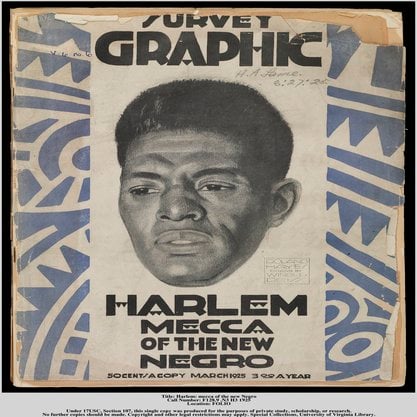Article
Freytag-Loringhoven, Baroness Elsa von (1874 –1927) By Knighton, Caroline
Article
Born Else Hildegard Plötz in the German Baltic seaport town of Swinmünde in 1874, the Baroness Elsa von Freytag-Loringhoven was an avant-garde poet, performer, visual artist, model, and autobiographer associated with the retrospectively named New York Dada movement. Arrested in Pittsburg for wearing men’s clothes and publicly smoking in 1910, the Baroness became an increasingly notorious figure in New York city as World War I took hold in Europe. Head shaved and lacquered in high vermilion, her often naked body decorated with the tin cans, ice cream spoons, and gilded vegetables that she collected from the city’s gutters or stole from its department stores, the Baroness both embodied and challenged the limits of established avant-garde gestures through a radical lived-Dada practice performed on and through her body. Well-suited to The Little Review’s tagline “Making no Compromise with the Public Taste,” the Baroness was, as editor Jane Heap put it, “the only one living anywhere who dresses Dada, loves Dada, is Dada” (1922: 46).


